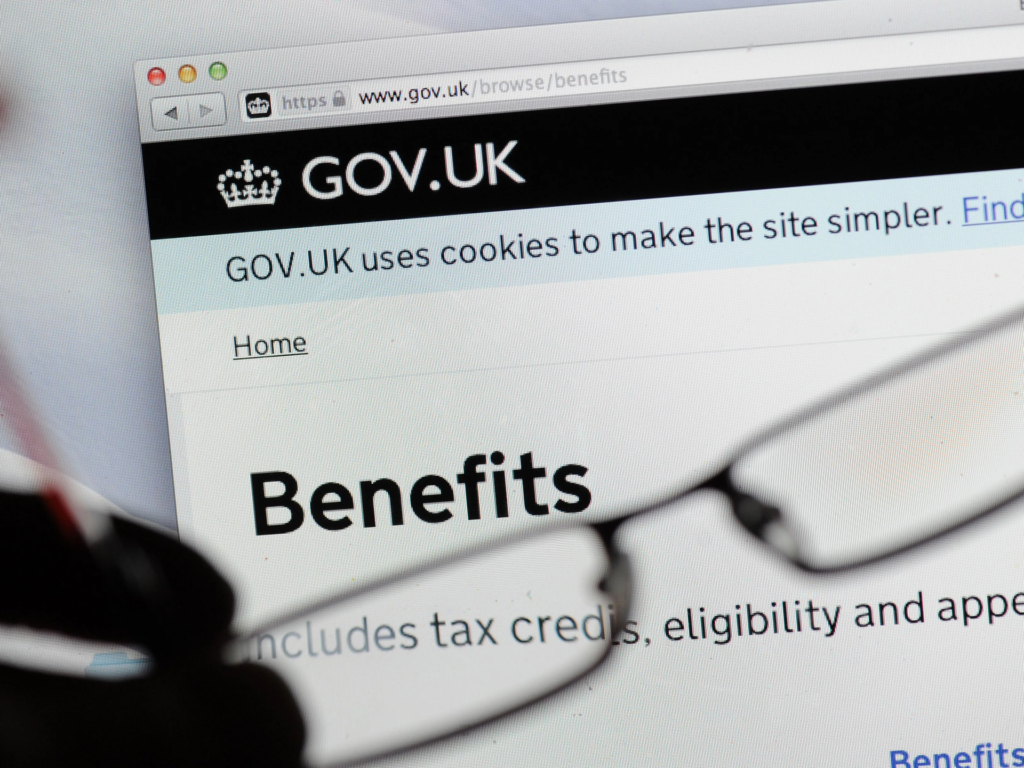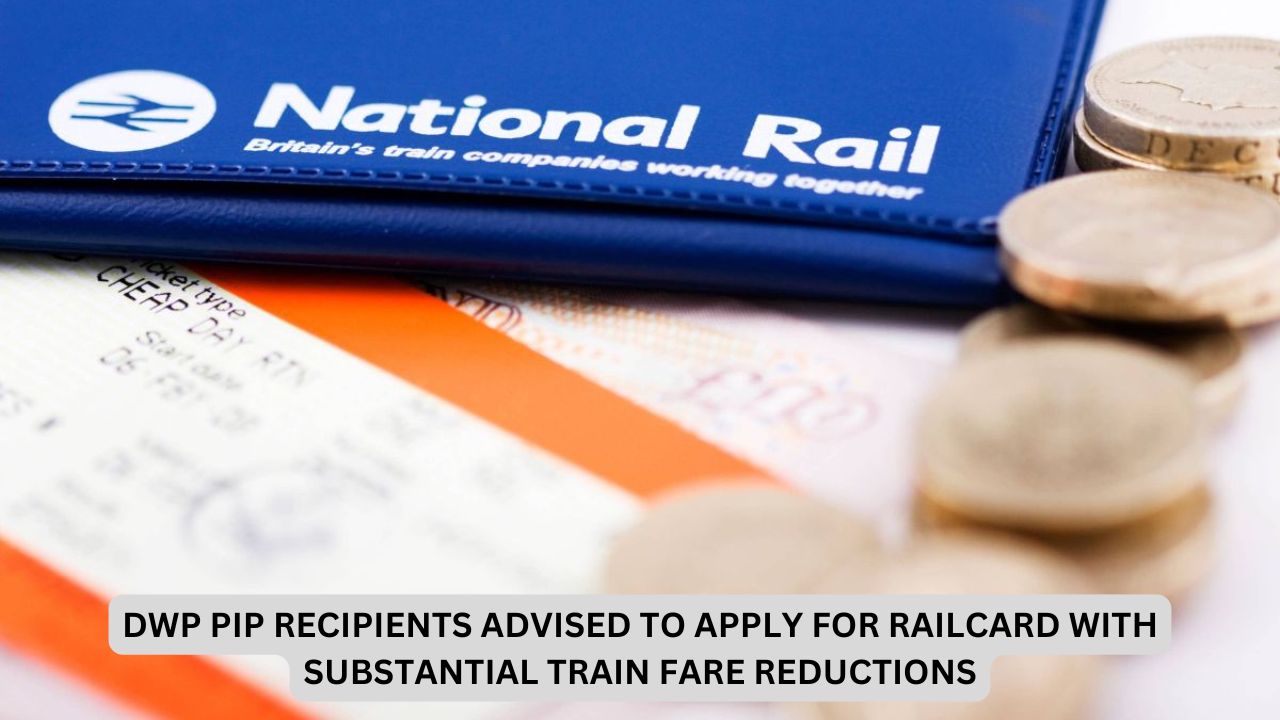If you’re receiving Personal Independence Payment (PIP) in the UK, you may be entitled to substantial discounts on rail travel. Although not free, the Disabled Persons Railcard offers significant savings and can be a valuable resource for individuals with long-term health conditions or disabilities.
Here’s everything you need to know about eligibility, cost, application, and the other travel-related benefits that come with PIP.
What Is the Disabled Persons Railcard?
The Disabled Persons Railcard is a UK-wide discount card that gives holders a 1/3 reduction on most rail fares across Great Britain. It’s designed specifically for individuals with disabilities, including those receiving Personal Independence Payment (PIP) from the Department for Work and Pensions (DWP).
Important Note: The railcard is not free, but it is offered at a discounted rate of:
- £20 for one year
- £54 for three years
You can also benefit from a discount for a companion travelling with you, making it ideal for those who need assistance during journeys.
Apply for the Disabled Persons Railcard

Who Is Eligible?
To qualify for the Disabled Persons Railcard, you must meet at least one of several criteria. One of the most common is receiving Personal Independence Payment (PIP)—either the daily living or mobility component.
Other eligibility routes include:
- Receiving Disability Living Allowance (DLA) at certain rates
- Holding a Blue Badge
- Being registered as blind or partially sighted
- Receiving a War Pensioner’s Mobility Supplement
What Discounts Do You Get?
With the railcard, both you and one accompanying adult can receive a 1/3 discount on:
- Standard and First Class Anytime fares
- Off-Peak and Advance tickets
- Season tickets (for companions in some cases)
- Some sleeper services and ferry connections
According to South Western Railway, the average user saves about £113 annually.
This can significantly reduce the cost of travel for regular commuters, students, or those needing frequent medical visits.
How to Apply
Applying for the Disabled Persons Railcard is simple and can be done in the following ways:
- Online: Visit the official application portal
- By Post: Download and send a completed application form
- By Phone: Call the Railcard team at 0345 605 0525 or textphone 0345 601 0132
You’ll need to provide proof of eligibility, such as a PIP award letter or a benefit entitlement document from DWP.

Other Perks for PIP Recipients
Receiving PIP opens doors to several other travel and cost-of-living benefits, including:
- Vehicle Tax Exemption or Reduction: If you receive the enhanced mobility component, you may be exempt from paying vehicle tax.
- Motability Scheme: Lease a vehicle, scooter, or powered wheelchair using your mobility benefit. More at motability.co.uk.
- Blue Badge Scheme: Allows parking in designated disabled spaces, even in pay-and-display zones. Apply through GOV.UK.
- Council Tax Discounts: Some local councils offer reduced council tax for those receiving PIP. Contact your local authority or use Turn2us Benefits Calculator to check eligibility.
Final Thoughts
While the Disabled Persons Railcard is not free, it offers valuable savings for those receiving PIP, making public transport more accessible and affordable. It’s part of a wider network of support that helps individuals with disabilities maintain independence and mobility.
If you receive PIP and frequently use the railway, investing in this railcard could save you hundreds of pounds over time. Be sure to explore additional benefits available to you through government and local support schemes.
This article has been carefully fact-checked by our editorial team to ensure accuracy and eliminate any misleading information. We are committed to maintaining the highest standards of integrity in our content.

Vikas Lalit is an experienced content writer at OTE News, covering business, economy, and international affairs. With a degree in Journalism, he combines analytical thinking with engaging storytelling to deliver well-researched updates. Vikas is passionate about uncovering underreported stories that impact readers.
Outside of work, he enjoys playing chess, following cricket, and writing short stories. His commitment to integrity and in-depth analysis strengthens OTE News’ mission of providing trustworthy journalism.










